Your basket is currently empty!
1. The Real Cost of Mining Bitcoin
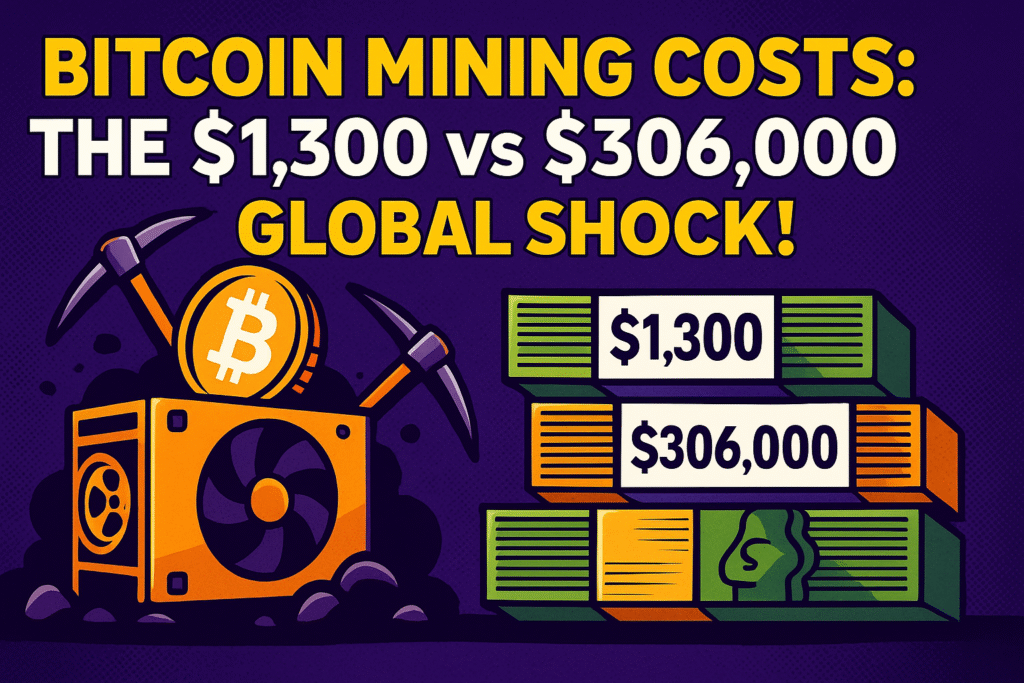
Bitcoin might be digital, but the costs of producing it are rooted in the physical world. A recent report revealed the shocking gap between mining costs in different countries. In Iran, where government subsidies and cheap energy keep prices artificially low, a single Bitcoin costs just $1,300 to mine. Compare that with Italy, where high energy costs and regulatory burdens drive the price up to an astonishing $306,000 per coin. These numbers highlight how local policies, electricity pricing, and infrastructure can completely shape the economics of the crypto industry. For miners, it explains why operations often migrate to regions where energy is abundant and affordable, while investors can see how geography is quietly influencing global supply.
2. A Blind Date Lawsuit That Shook China

In one of the most unusual viral cases out of China, a man went on a blind date that quickly spiraled out of control. Expecting a quiet evening, he was blindsided when his date arrived with 23 relatives. The family ordered premium food, alcohol, and cigarettes, racking up a bill of nearly 22,000 yuan (about $3,100). When the man refused to pay for the whole group, he was sued by his date and her relatives. What began as a personal dispute turned into a national conversation about social norms, hospitality, and the hidden pressures of family expectations in modern China. The court eventually ruled in his favour, but the incident underscores the growing tension between traditional values and contemporary dating culture.
3. Eric Trump Joins the Billionaire Club

Eric Trump, the son of former U.S. President Donald Trump, recently vaulted into billionaire status thanks to a surge in cryptocurrency valuations. Shares in his American Bitcoin mining company skyrocketed, pushing his net worth above $3.2 billion. The story demonstrates just how quickly wealth can be created in the world of digital assets. Unlike traditional businesses that take decades to build, crypto markets can generate vast fortunes almost overnight. This development not only cements Eric Trump’s financial independence within the Trump dynasty but also raises questions about the role of political families in speculative markets and how these fortunes may influence future policy.
4. The World’s Quietest Room Challenge

Imagine sitting in absolute silence so deep that you can hear your own heartbeat, the blood in your veins, and even the creak of your bones. That is what happens inside the world’s quietest room, which registers at -20.3 decibels. The psychological effects are so intense that most people cannot last more than a few minutes. A viral challenge recently offered $1 million to anyone who could stay inside for a full night. Despite the enormous prize, no one has succeeded. Scientists say prolonged exposure can cause hallucinations and extreme disorientation. The challenge has become a fascinating example of how human perception has limits, and how silence itself can be as unbearable as noise.
5. Japan’s Medical Breakthrough: Regrowing Human Teeth
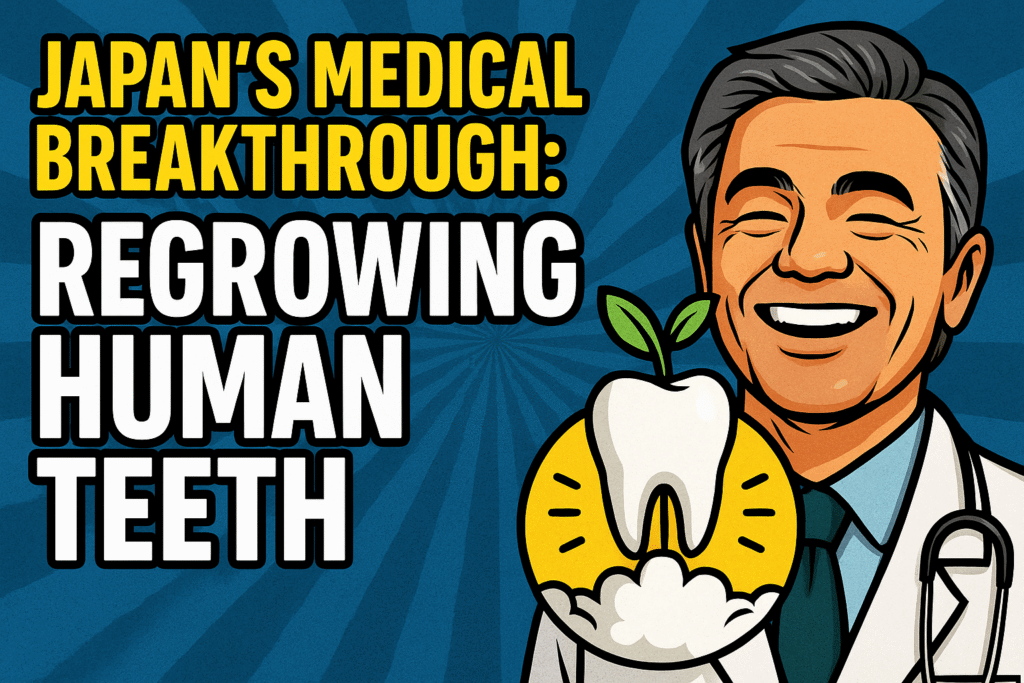
Japanese scientists are trialing a groundbreaking new drug that could eliminate dentures and implants forever. The treatment stimulates stem cells to regrow lost teeth naturally, offering a permanent solution for millions of people worldwide. If successful, the drug would transform dentistry and reshape healthcare costs for aging populations. Beyond the science, the breakthrough raises big questions about accessibility, affordability, and who will benefit first. For investors, the potential market is enormous, while for patients, the possibility of restoring natural teeth could be life-changing.
6. Shell’s $1.1 Billion Bribery Scandal in Nigeria

One of Africa’s biggest oil scandals came to light when Shell and Italian giant Eni admitted in court to paying $1.1 billion in bribes for access to Nigeria’s OPL 245 offshore oil block. The money, which was supposed to go to the Nigerian government, was siphoned off by politicians, middlemen, and power brokers. The case highlights the darker side of resource wealth, where oil riches enrich elites but leave ordinary citizens struggling with poverty and poor infrastructure. After years of legal battles across multiple countries, the scandal stands as a textbook example of how corruption and backdoor deals can rob nations of prosperity.
7. Cruise Ship Passports: Living at Sea for $100k
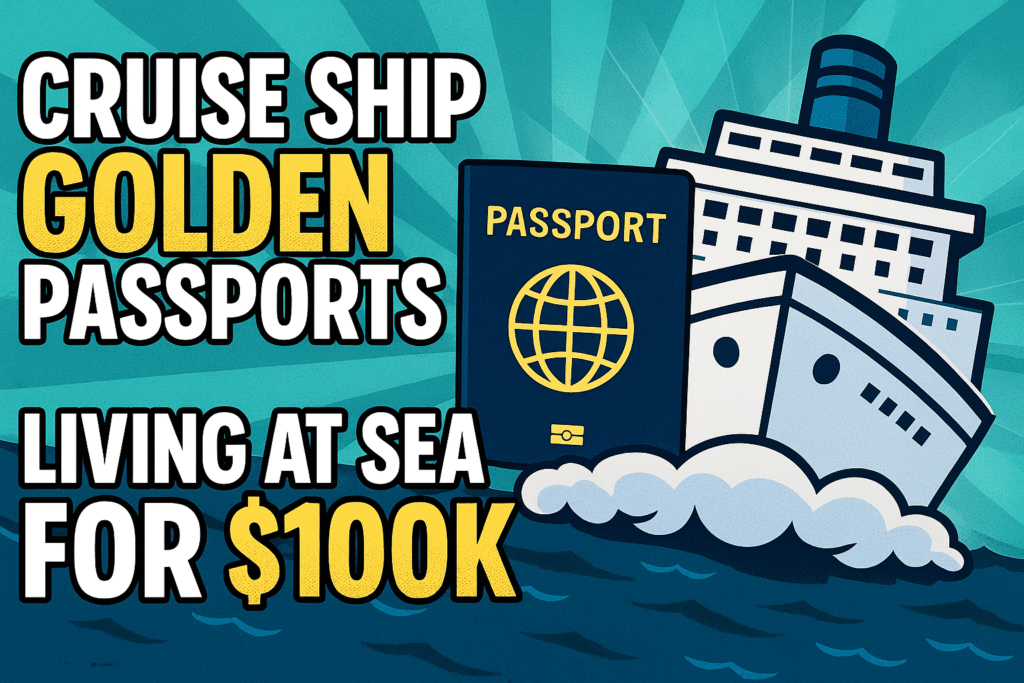
What if instead of buying a home, you bought a ticket to live on a cruise ship? Villa Vie Residences is offering a $100k “golden passport” that allows travellers to live aboard the MV Odyssey with all-inclusive amenities and a route that circles the globe every 3.5 years. For retirees, digital nomads, and adventurous investors, the model offers a way to combine lifestyle with mobility. Residents can access over 400 destinations while enjoying luxury services, but the reality also includes limited space, constant travel, and reliance on global port access. Still, the idea represents how the lines between tourism, real estate, and residency are blurring in the 21st century.
8. Passive Income in 2025: 30 Proven Ideas
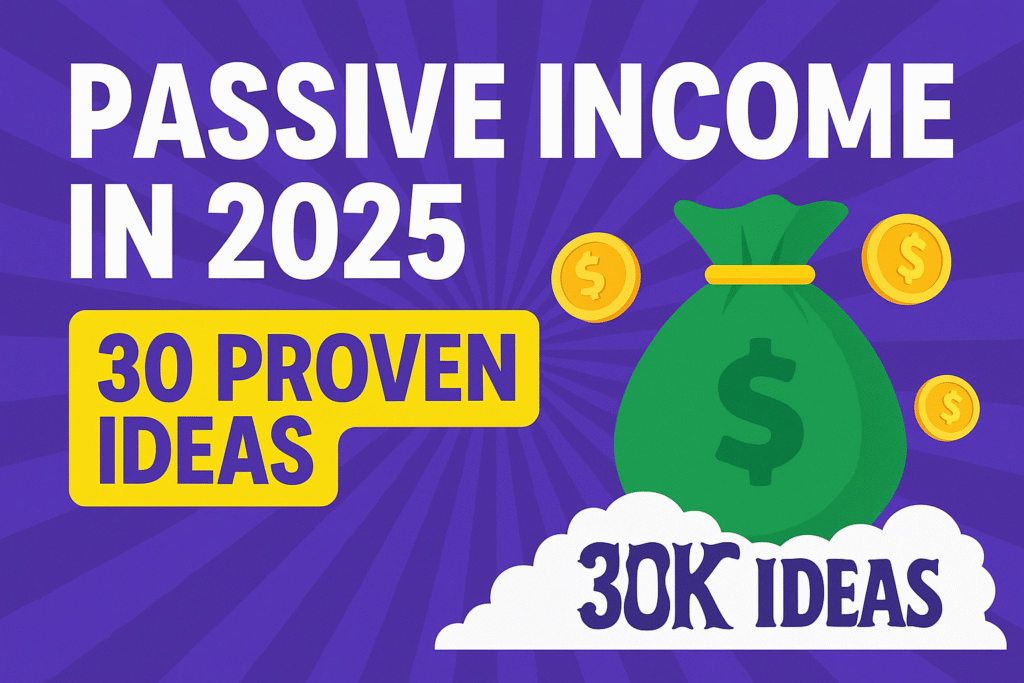
The dream of making money while you sleep continues to attract millions, and in 2025 the opportunities are more varied than ever. From classic dividend stocks and affiliate marketing to newer models like vending machines, app reselling, or crypto staking, passive income strategies now span both online and offline worlds. The key lies in matching the right method with your budget and skills. Low-cost ideas like creating digital products can scale quickly, while high-ticket investments like real estate or laundromats require capital but deliver stability. What these ideas prove is that financial independence is no longer reserved for the ultra-wealthy; everyday people can start small and build multiple income streams.
1. Dividend Stocks
Owning shares in dividend-paying companies gives you regular cash payouts without selling your stock. Blue-chip companies like Coca-Cola, Tesco, and Unilever remain favourites for steady returns.
2. Real Estate Rentals
Whether residential flats, student housing, or holiday lets, property still provides one of the most reliable income streams. With platforms like Airbnb, even a single room can become a cash generator.
3. REITs (Real Estate Investment Trusts)
For those who cannot afford full property ownership, REITs allow you to invest in large-scale real estate projects and earn dividends without the headaches of being a landlord.
4. Vending Machines
A one-time investment in vending machines placed in high-traffic areas such as gyms, schools, or offices can return consistent income with low maintenance.
5. Laundromats
Coin-operated laundry businesses require upfront capital but deliver recurring revenue. With the right location, they can run nearly hands-free.
6. Car Washes
From self-service bays to automated tunnels, car washes are a high-margin business that Shaquille O’Neal himself has scaled to over 150 sites in the US.
7. Storage Units
People always need extra space. Once built or converted, storage units require little ongoing management yet provide long-term passive rent streams.
8. Franchises
Buying into established systems like Domino’s, Costa Coffee, or Anytime Fitness allows you to ride the strength of a brand while managers run operations.
9. Affiliate Marketing
Earn commissions by promoting other people’s products online through blogs, YouTube, TikTok, or email lists. The key is building trust and audience.
10. E-commerce Dropshipping
Run an online shop without holding inventory. Orders are fulfilled by suppliers directly to customers. Success depends on niche selection and marketing.
11. Print on Demand
Design T-shirts, mugs, and posters that are produced and shipped by third-party companies whenever someone places an order. Creative appeal meets automation.
12. Digital Courses
Package your expertise into structured lessons and sell them online. Once filmed or written, courses continue generating income long after launch.
13. E-books
Publishing through Amazon Kindle or other platforms allows writers to earn royalties with each sale. Popular niches include self-help, finance, and health.
14. Mobile Apps
Develop an app from fitness trackers to productivity tools and monetize it through ads or subscriptions. Outsourcing development is possible if you lack coding skills.
15. YouTube Channel
Once monetised, videos can keep earning from ads and sponsorships for years. The most successful creators turn libraries of content into ongoing revenue streams.
16. Podcasts
Podcast sponsorships and ad revenue grow as your listener base expands. Recorded episodes remain evergreen, pulling in new audiences.
17. Membership Communities
Platforms like Patreon allow you to build exclusive communities where fans pay monthly fees for premium access, content, or support.
18. Subscription Boxes
Curate and deliver themed products from snacks to self-care kits on a subscription basis. The model creates predictable monthly revenue.
19. Licensing Photography
Photographers can license images to stock photo platforms like Shutterstock and Adobe Stock, earning royalties every time their work is downloaded.
20. Licensing Music
Musicians can license tracks for ads, films, YouTube content, and video games, earning each time their work is used commercially.
21. Licensing Software
Build a piece of software, plugin, or tool and charge recurring license fees. Once developed, software can scale with minimal marginal costs.
22. Investing in Index Funds
A “set and forget” strategy. Index funds spread your money across markets like the FTSE 100 or S&P 500, giving long-term growth and dividends.
23. Crypto Staking
By locking up cryptocurrencies in proof-of-stake systems, you earn rewards in the form of new tokens. Platforms like Ethereum 2.0 and Cardano enable this.
24. Peer-to-Peer Lending
Investors lend directly to borrowers through platforms, earning interest on repayments. Risk management depends on the borrower’s creditworthiness.
25. High-Yield Savings Accounts
Though not glamorous, some digital banks offer interest rates higher than inflation, providing stable, low-risk passive income.
26. ATM Ownership
Owning and placing ATMs in cash-heavy locations allows you to collect transaction fees. Requires initial outlay but low ongoing involvement.
27. Domain Flipping
Buying undervalued web domains and reselling them later can be surprisingly lucrative. Premium names often fetch thousands.
28. Social Media Automation
Set up monetised Instagram, TikTok, or Twitter accounts with evergreen content that continues to grow followers and ad income.
29. Licensing Patents
Inventors can license patents or unique ideas to manufacturers and earn royalties without managing production.
30. Angel Investing
Invest in promising startups at early stages. If the company succeeds, the equity can deliver massive passive returns.
9. The Rise of Healthcare Robotics
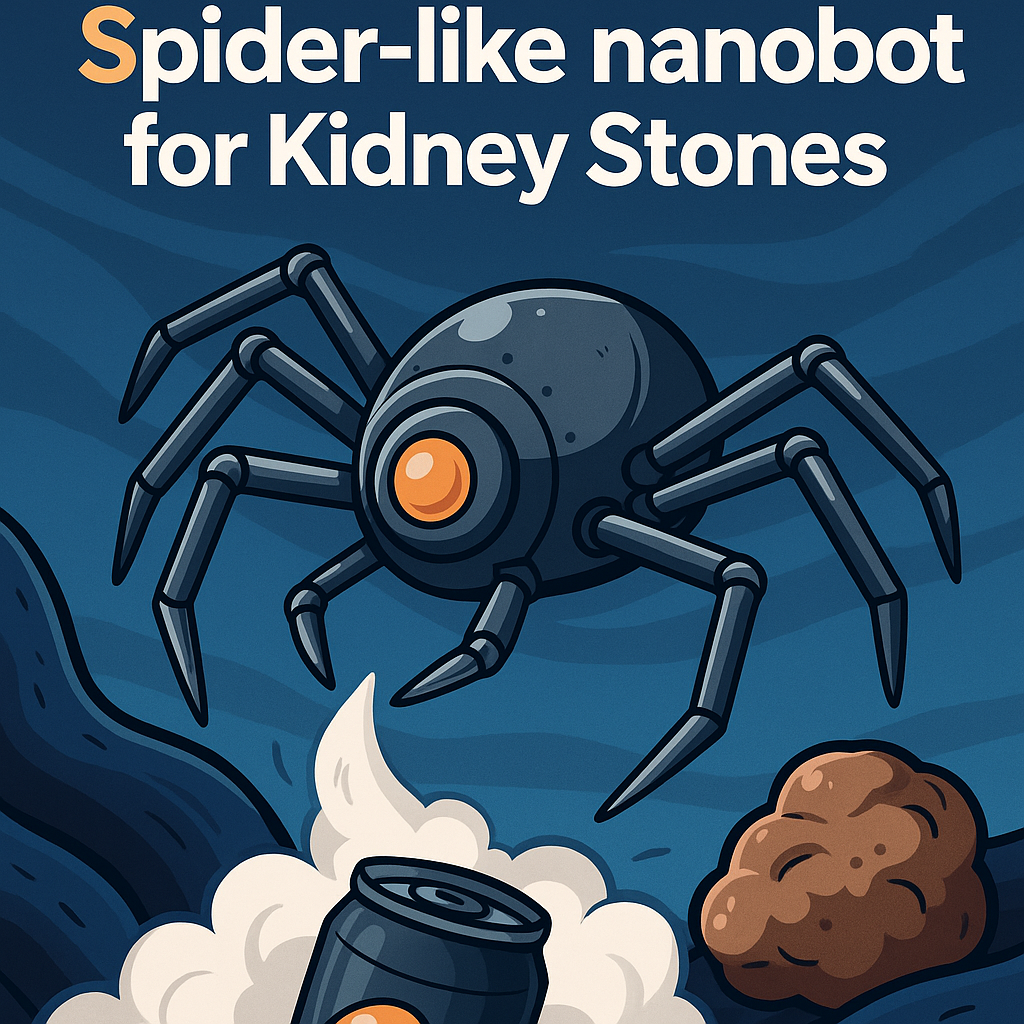
In Japan, scientists have designed a spider-like nanobot that enters the human body and uses magnetism to break down kidney stones with minimal pain. This invention could replace traditional surgery and transform treatment by offering a less invasive, faster recovery path. Beyond kidney stones, similar robotic innovations could be used for tumours, arterial blockages, and other conditions. As these technologies advance, the medical industry faces questions about safety, cost, and ethics. For patients, the prospect of painless, robotic-assisted healthcare is both exciting and unsettling.
10. Russia’s Play for Gulf Tourists
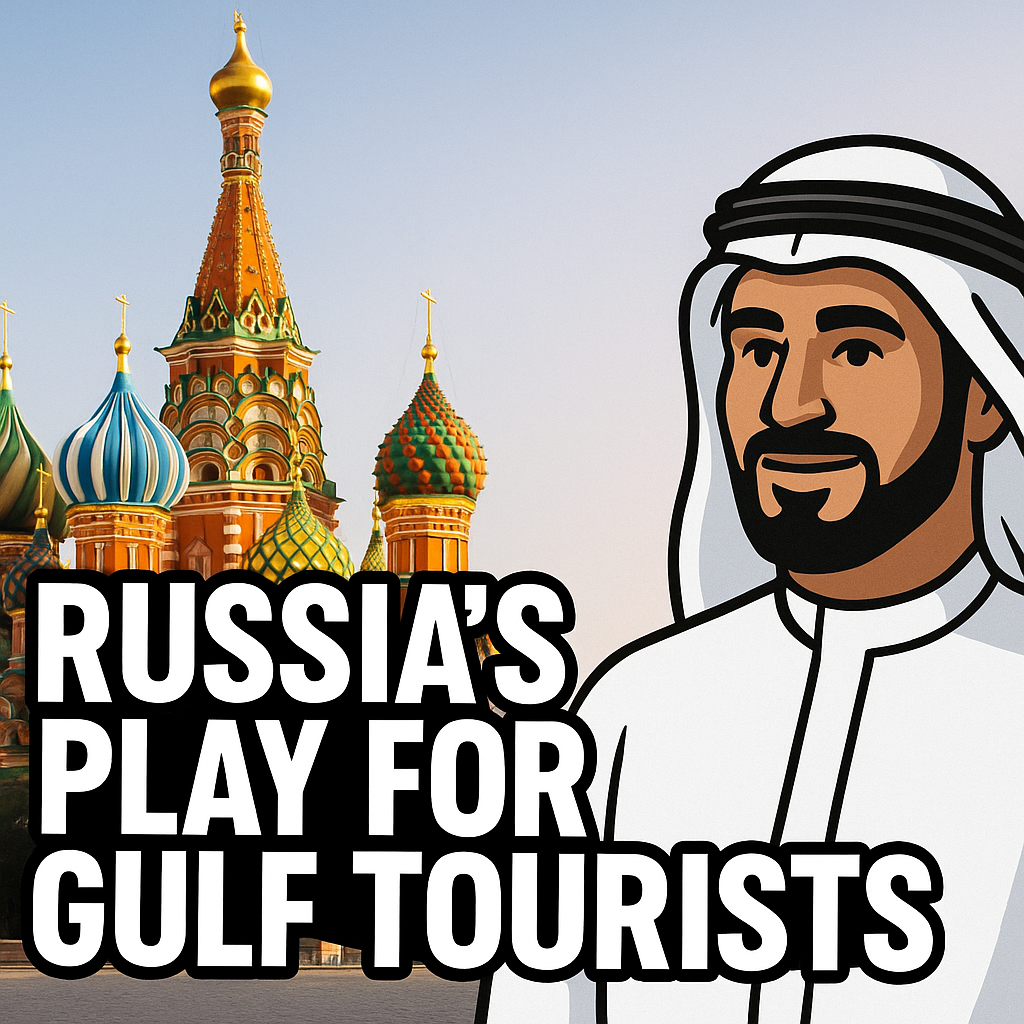
Since 2019, Russia has been quietly rewriting its tourism strategy. By easing visa restrictions, offering exclusive experiences, and working with Gulf airlines, Moscow has quadrupled the number of visitors from Saudi Arabia, the UAE, Kuwait, and Qatar. For decades, Gulf travellers have preferred destinations like London, Paris, Istanbul, or Kuala Lumpur. But now, Russia is aggressively positioning itself as a new luxury frontier.
Why Gulf Tourists Are Suddenly Heading to Russia
Several factors explain the surge. First, Russia is actively marketing its cultural attractions from the grandeur of the Kremlin and Red Square to the ballet at the Bolshoi Theatre and the museums of St Petersburg. Second, it is offering unique “adventure” packages, including military-themed tours, shooting ranges, and experiences tied to Russia’s global image as a strong power. Finally, direct flights from Riyadh and other Gulf hubs via Flynas and Aeroflot have made travel far more convenient.
For Gulf tourists, Russia offers novelty and exclusivity. It is different from the well-trodden paths of Western Europe, yet it has the same appeal of luxury shopping, cultural heritage, and prestige experiences. In Gulf culture, exclusivity and status matter, and Russia has found a way to brand itself as both elite and adventurous.
The Economic Impact of the Boom
Tourism is not just about leisure it is geopolitics and economics rolled into one. Gulf visitors tend to spend far more per trip than average tourists. They book five-star hotels, shop in luxury boutiques, and demand bespoke services such as private drivers, translators, and personal guides. Moscow and St Petersburg, in particular, have reported significant increases in luxury retail sales during Gulf visitor peaks.
This spending creates ripple effects across hospitality, retail, real estate, and even education. Universities in Russia are reporting more Gulf student enquiries, while medical tourism especially in cosmetic surgery and specialised treatments is also seeing new interest.
Business Opportunities in the Russia–Gulf Tourism Corridor
Here is where the real opportunities emerge. When an emerging tourism corridor grows this fast, gaps in services and products always follow. Entrepreneurs who can bridge cultural, linguistic, and service expectations stand to profit.
- Luxury Halal Tourism Packages
Gulf travellers expect halal food, prayer facilities, and culturally sensitive environments. Travel agencies can build luxury halal-friendly packages, from halal fine dining tours in Moscow to Muslim-friendly ski trips in Sochi. - High-End Arabic Language Guides and Translators
Few Russians speak Arabic, but demand is exploding. Launching a business that recruits and trains Arabic-speaking guides, chauffeurs, and hospitality staff is a clear opportunity. - Boutique Hospitality and Short-Term Rentals
Wealthy Gulf visitors often travel with family groups. Offering large, serviced apartments or boutique villas with private chefs and concierge services could meet a demand that standard hotels cannot. - Medical and Wellness Tourism
Russia has a strong reputation in specific fields such as cardiology, orthopaedics, and cosmetic surgery. Packaging treatments with VIP-level services, translators, and family accommodation could appeal to Gulf elites. - Retail and Shopping Concierge Services
Shopping is a central part of Gulf tourism. Businesses can set up concierge services to accompany tourists through luxury districts, negotiate VAT refunds, and ship purchases back home securely. - Cultural Exchange Ventures
Think beyond tourism. With Gulf interest in Russia rising, there is space for Arabic–Russian cultural centres, language schools, and business networking hubs. These can act as bridges for entrepreneurs in both regions. - Digital Marketing and Influencer Partnerships
Gulf travellers rely heavily on social media, especially Instagram and TikTok, when choosing destinations. Businesses that can connect Russian hotels, restaurants, and experiences with Gulf influencers stand to capture market share quickly.
The Bigger Picture: Soft Power and Long-Term Play
Russia’s strategy is not only about tourism revenue. It is about deepening ties with Gulf states at a time when global alliances are shifting. By courting Gulf tourists, Russia is also courting Gulf investors, business partners, and long-term political allies. For entrepreneurs, this means the corridor will not disappear anytime soon it is being actively cultivated at the highest levels.
Wrapping Up
The Gulf tourist boom in Russia is more than just a travel story. It is the start of a new business corridor, rich with opportunity. From luxury halal travel packages to boutique hospitality and medical tourism, the smart entrepreneur can position themselves at the intersection of culture, spending power, and geopolitical strategy. Just as London and Paris became must-visit hubs for Gulf elites in the past, Moscow and St Petersburg could soon become the new playgrounds of choice and those who get in early will reap the rewards.

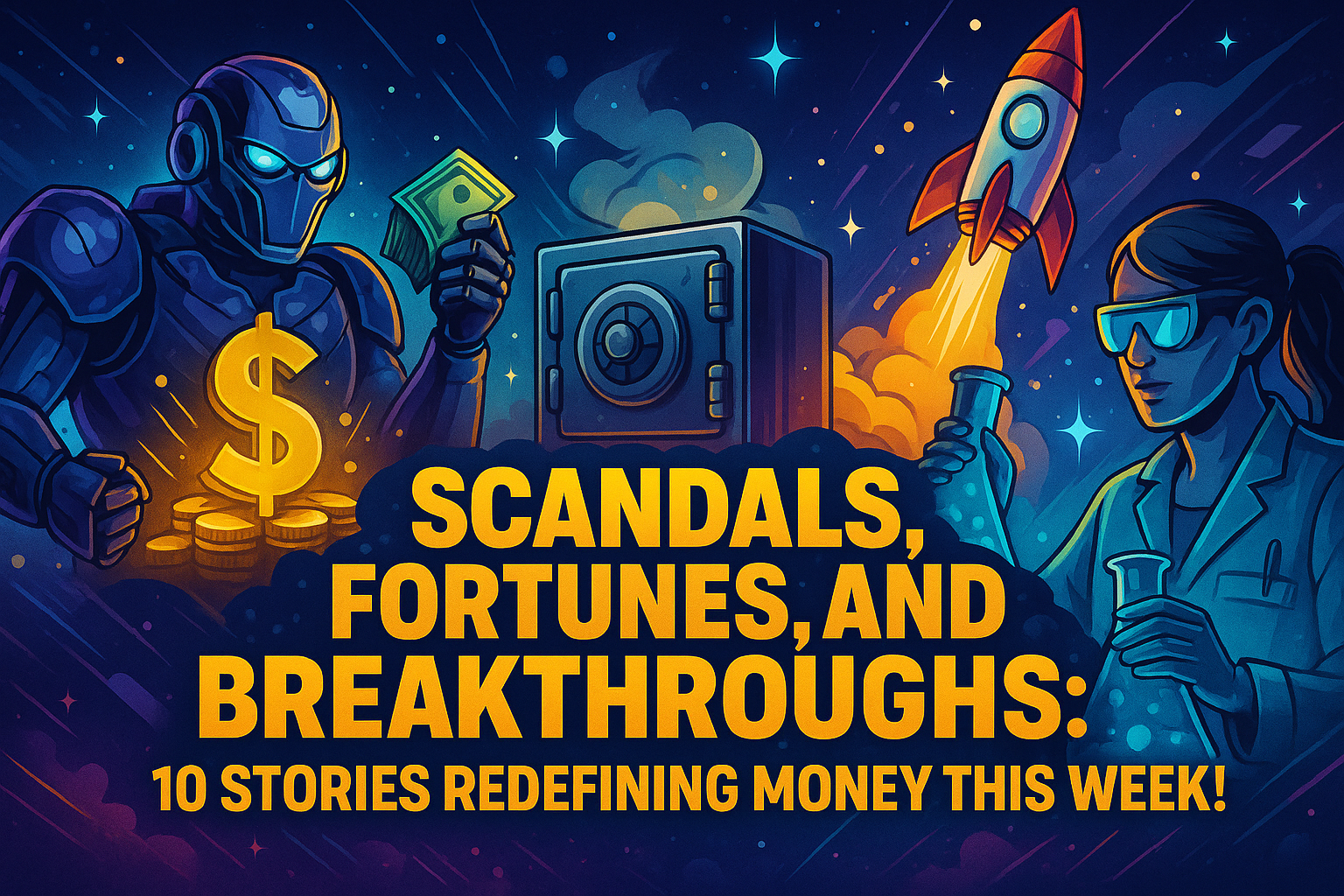
0 responses to “Scandals, Fortunes, and Breakthroughs: 10 Stories Redefining Money this Week!”